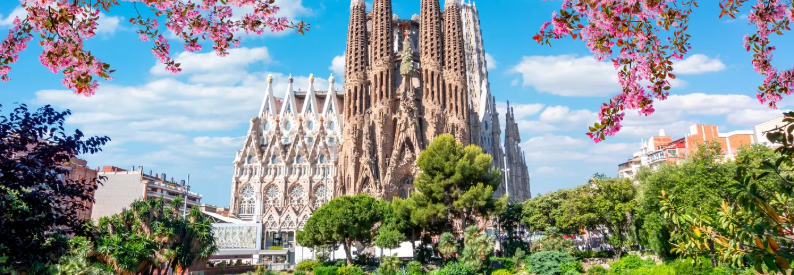Global Hotels Face Changes Amid Growth and Controversies

May brought a wave of news in the hotel and resort world, spanning new development projects, controversial headlines, and impactful policy shifts. Accor revealed an expanded partnership with the World Monuments Fund to support the preservation of four global heritage sites, including the Chapel of the Sorbonne in Paris. This move emphasizes Accor’s growing commitment to cultural preservation through tourism.
In Spain, the government has escalated its pushback against vacation rentals, citing a worsening housing crisis. Authorities are targeting over 65,000 unlicensed properties listed on Airbnb and similar platforms. Barcelona has gone even further, vowing to eliminate all short-term rentals in the city by 2028, a decision driven by concerns over affordability and urban sustainability.
In the United States, the hotel industry welcomed the Senate’s approval of the ‘No Tax on Tips’ Act, which eliminates taxes on tips up to $25,000 annually. The bill is seen as a win for hospitality workers, although critics caution it could reduce employer incentive for wage increases.
Las Vegas was hit with scandal as Wynn Resorts received a $5.5 million fine for illegal gambling activities and possible money laundering. The resort has since dismissed the employees involved and issued a public apology. Meanwhile, Sandals Resorts found itself in the spotlight when its still-closed Sandals Emerald Bay property was mistakenly listed for public auction by the Bahamian government. While both parties later clarified the error, the incident reignited scrutiny of Sandals’ previous tax disputes in the region.
On a more optimistic note, the Caribbean and Central America saw several exciting development announcements. Sandals will build a new Beaches Resort in Saint Vincent and the Grenadines, part of a broader $1 billion investment into family-friendly properties. In the Bahamas, luxury brand Aman plans to open Amancaya on 400 acres in Exuma across two private cays. Marriott also revealed its upcoming St. Regis Papagayo Resort in Costa Rica, scheduled to open in 2027 with 120 rooms and 140 residences.
In Grand Bahama, the Grand Lucayan Resort was purchased for $120 million by an investment firm that plans to transform the property into a cruise excursion hub, expanding leisure options for cruise passengers visiting the island.
On the economic front, major hotel chains have begun feeling the pressure from ongoing trade tensions. Marriott International downgraded its room revenue growth forecast to 1.5–3.5 percent, noting a 10 percent drop in U.S. government-related travel. InterContinental Hotels Group, however, reported a modest 3.5 percent increase in U.S. room revenue in the first quarter and expects steady performance for the remainder of the year, albeit with slower-than-anticipated RevPAR growth.
As the global hotel industry continues to navigate political turbulence, regulatory pressures, and shifting traveler demands, May’s developments reflect a sector in transition—marked by resilience, reinvention, and regulatory reckoning.
Related News : https://airguide.info/?s=Global+Hotels
